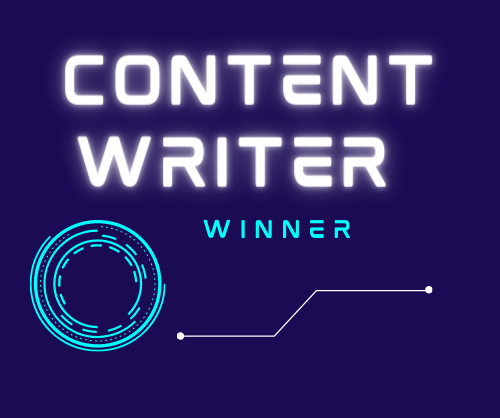Choosing Your Path: Self-Publishing vs. Traditional Publishing for Entrepreneurs
Self-Publishing vs. Traditional Publishing: Pros and Cons for Entrepreneurs.
WRITING AN EBOOK


Hey there, fellow entrepreneurs! So, you've poured your heart and soul into writing a book, and now you're facing a big decision: should you self-publish or go the traditional route? It's a tough choice, but fear not! In this post, we'll break down the pros and cons of both options to help you make the best decision for your book.
Let's look at them separately so you know what works well for you. This will enable you to make informed decisions.
Self-Publishing: The Entrepreneur's Playground.
Pros:
1. Creative Control: With self-publishing, you're the boss. You make all the decisions – from the cover design to the pricing. It's your vision, your way.
2. Speed to Market: Self-publishing is lightning fast compared to traditional publishing. You can get your book out there in a matter of weeks, reaching readers sooner.
3. Higher Royalties: When you self-publish, you keep a larger chunk of the profits. There are no middlemen taking a cut, so more money stays in your pocket.
Cons:
1. Marketing Challenges: As a self-published author, the onus is on you to market and promote your book. It takes time and effort to build an audience and reach readers.
2. Quality Control: Without the guidance of a traditional publisher, ensuring the quality of your book – from editing to formatting – falls solely on your shoulders.
3. Stigma: Some readers still view self-published books as inferior to traditionally published ones. Overcoming this stigma can be a hurdle for self-published authors.
Traditional Publishing: The Established Path.
Pros:
1. Prestige: Landing a traditional publishing deal can give your book instant credibility and exposure. It's like getting a stamp of approval from the industry.
2. Professional Support: Traditional publishers provide editorial, design, and marketing support, easing the burden on authors and ensuring a polished final product.
3. Bookstore Placement: Traditional publishers have the connections to get your book on bookstore shelves, increasing visibility and potential sales.
Cons:
1. Loss of Control: When you sign with a traditional publisher, you may have to compromise on creative control. They have the final say on many aspects of your book.
2. Long Timelines: Traditional publishing moves at a slower pace. It can take a year or more before your book hits the shelves, which may not align with your timeline.
3. Lower Royalties: While traditional publishers provide support, they also take a significant cut of the profits, leaving authors with smaller royalty payments.
Making Your Decision
So, which path is right for you, the aspiring entrepreneur-author? Consider your goals, timeline, budget, and creative vision. Self-publishing offers freedom and control, while traditional publishing provides support and prestige. It's a tough call, but remember – there's no one-size-fits-all answer.
In the end, whether you choose self-publishing or traditional publishing, know that both paths have their own set of challenges and rewards. As an entrepreneur, weigh your options carefully, do your research, and trust your instincts. Your book is your baby, and how you bring it into the world is entirely up to you. Good luck on your publishing journey, fellow entrepreneur!
